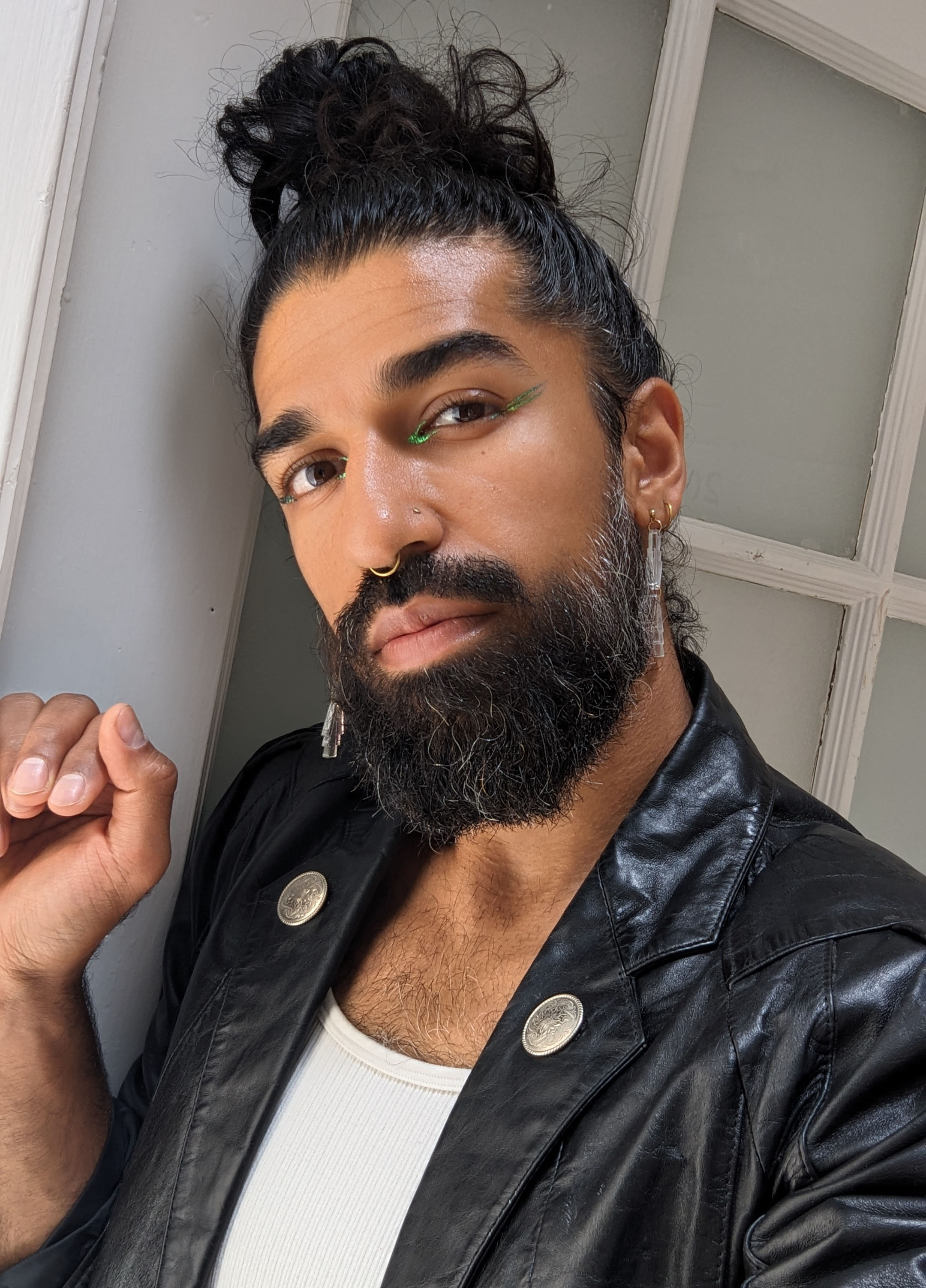Content warning: physical abuse, sexual abuse
Even as children, we learn to not listen to our bodies’ yes’s and no’s even when it’s not a direct result of trauma and abuse. Adults around us hug us when we might not want to, they might kiss us or pick us up. We might be forced by parents to wear clothes we don’t want to wear, or eat food we don’t want to eat. Of course, they are wanting to take care of us, but consent practices are often entirely missing and this is a topic that’s still not discussed much when it comes to rights and boundaries of children.
Some of us also experience more obvious consent violations through physical abuse or sexual abuse. However, when we have learned that our bodies aren’t really our own and that other people, especially adults, can do what they want to our bodies, we learn to suppress the trauma and abuse we suffer.
This trauma and learned behavior of ignoring and suppressing our bodies’ voice telling us a very loud “NO” carries into adulthood for so many of us. In our intimate relationships, we are inexperienced with knowing how to say no. AND we are inexperienced with saying the yes’s too. We often end up in a suspended autopilot state when we experience intimacy, where we aren’t fully able to connect with our bodies to even hear what they might be saying.
Consent is central and extremely crucial to my practice. I will help us both hold the intricacies and complexities of consent while also staying communicative and consentful with you. While we practice consent with each other, we will also step back and examine the ways we might not be listening to our bodies. I will work with you to give your body a voice that feels easy to listen to and respect – showing your body repeatedly that you are going to listen to them is the way we teach our bodies to start speaking to us and voicing the no’s and yes’s again.
This starts at simple things like whether we force our bodies to eat when we don’t want to, or starve our bodies when we are hungry. Consent practices apply to saying no when we don’t want to hug a new person, or saying no when we aren’t feeling a kiss on a first date. It extends to asking new people if they want a hug before going in for a hug; teaching our partner(s) to ask for consent before escalating in sex or intimacy in general. When we listen to our own yes’s and no’s, we can also more easily enforce our boundaries around consent.
